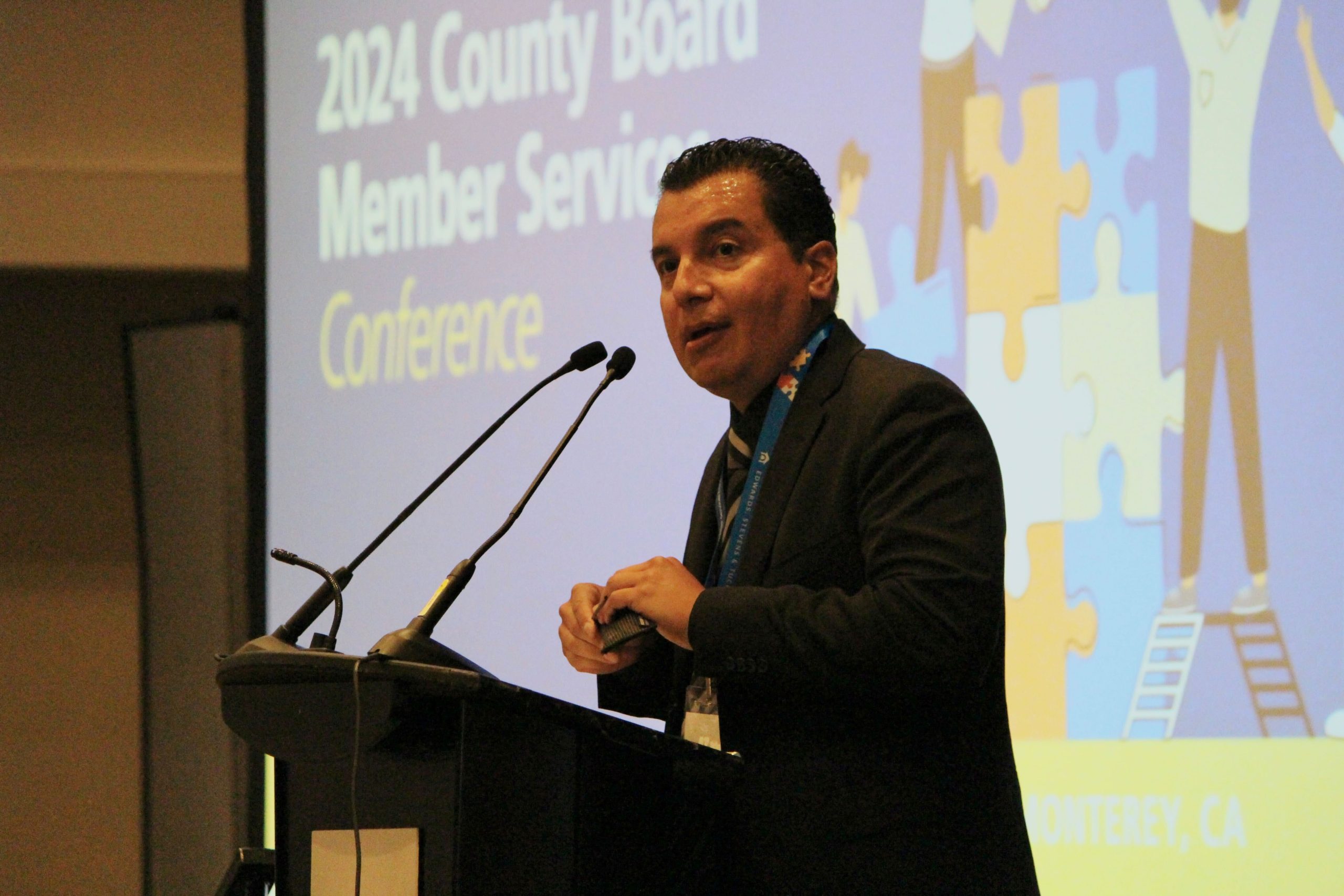On Jan. 27, 2020, the U.S. Supreme Court ruled in a 5-4 decision to allow revisions to the “public charge rule” to go into effect while legal challenges to the expansion of this rule proceed through the courts. As a result, the federal government can now enforce the expanded public charge rule. It is important for district and county office of education boards to proactively communicate accurate information to their communities — public education and programs serving students at schools are not included in the public charge rule.
Under the public charge rule, an individual who is likely at any time to become a public charge (i.e., be primarily dependent on the government for support) may be denied admission into the United States and is ineligible to become a legal permanent resident. A version of the public charge rule has long been in place, but the current federal administration has sought to define what it means to be a public charge much more broadly, thereby increasing the number of immigrants who could be impacted and creating confusion over who may be subject to the rule. While the public charge rule had historically been applied to cash-assistance programs, the current administration has expanded the rule to include many more non-cash assistance federal programs, such as Supplemental Nutrition Assistance Program (SNAP) , Temporary Assistance for Needy Families (TANF), housing assistance (Section 8 housing) and Medicaid.
If immigrants are dependent upon government aid or could conceivably be dependent upon government programs, such as those above, applications for permanent residency, and temporary residency through visas, may be denied. Students and their families throughout California could be affected by the expanded public charge rule.
What can school districts do?
School districts and county offices of education may be limited in their ability to respond to the federal government’s change, but they have an important role to play in providing accurate information to their communities.
Specifically, it is essential for students and their families to understand that public education and programs serving students at schools are not public benefits covered by the public charge rule. All students, regardless of immigration status, have equal access to an education under the laws of the United States. Further, the public charge rule generally does not apply to programs delivered by K-12 schools. The National School Lunch Program, School Breakfast Program, Seamless Summer Option, Afterschool Meal Supplement, Special Milk Program, Child and Adult Care Food Program, Summer Food Service Program and special education services provided under the Individuals with Disabilities Education Act are not considered public benefits, and use of such programs will not impact an individual’s application for immigration status. Because these programs are not included in the expanded definition of public charge, families should not drop out of these programs or refuse the benefits of these programs.
California State Superintendent Tony Thurmond sent an important letter on this topic to county and district superintendents on Jan. 29, available at: https://www.cde.ca.gov/nr/el/le/yr20ltr0129.asp.
The California Department of Education also drafted a sample letter to families for districts to use to inform them that K-12 public education is not impacted by the expanded public charge rule, available at: https://www.cde.ca.gov/eo/in/publicchargetemplate.asp.
How long the expanded public charge rule will be in effect remains to be seen. CSBA’s Education Legal Alliance filed an amicus brief on behalf of its members in support of California in its lawsuit against the U.S. Department of Homeland Security on Jan. 23, 2020, before the Ninth Circuit Court of Appeals. The brief highlighted the chilling effect the rule is likely to have, as families who fear the consequences of using benefit programs will disenroll from important programs that are included as part of the expanded rule, and are likely to disenroll from programs that are not affected due to fear or confusion. Providing accurate information to your communities is an important part of supporting all students and their families in the district.
For more information about supporting all students, regardless of immigration status, see CSBA’s resource page, at: https://www.csba.org/GovernanceAndPolicyResources/ConditionsOfChildren/SpecificStudentPopulationEquity/ImmigrationStatus.aspx.





